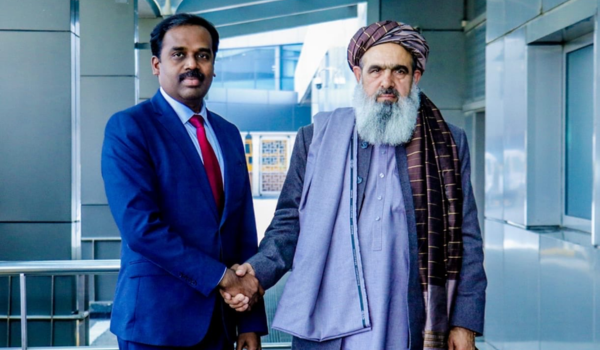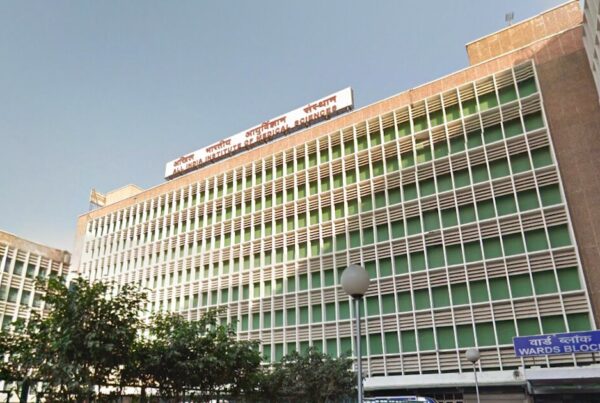Every year on September 26, the world observes World Contraception Day, an initiative to promote informed sexual and reproductive health decisions and increase public understanding of contraception. The day is to decrease unwanted births and increase access to reproductive health services by making sure people have the information and resources they need to select the optimal form of contraception for them.
The term “contraception” describes the techniques or tools used to stop conception by interfering with the ovulation, fertilisation, or implantation processes naturally. It is essential to family planning and reproductive health because it gives people and couples the freedom to choose whether or not to start a family. The benefits of contraception include lowering the rate of unwanted births, enhancing the health of mothers and children, and empowering individuals—especially women—by granting them autonomy over their reproductive options. When barrier techniques like condoms are employed, contraception also aids in limiting the transmission of sexually transmitted illnesses (STIs).
Theme of World Contraception Day 2024
The theme for World Contraception Day 2024 is “A choice for all. Freedom to plan, power to choose.” It emphasises the right of every person to make informed decisions about their reproductive health without barriers, whether those barriers are financial, societal, or educational.
Significance of World Contraception Day
Facilitating Knowledge-Based Choices
Fundamentally, the goal of World Contraception Day is to provide correct information about contraception to everyone, especially the youth. There is a knowledge gap on family planning that many adults and adolescents experience, which increases the risk of STIs and unwanted births. This day promotes more autonomy and informed reproductive decisions by fostering candid conversations and educational activities.
Reducing Unwanted Pregnancies
Unplanned pregnancies carry hazards to the health of the mother and child as well as significant social and economic ramifications. One of the best ways to lower these risks is to have access to contraception. World Contraception Day helps to reduce healthcare expenses related to unwanted births and enhance health outcomes by promoting family planning alternatives and guaranteeing accessibility.
Challenging stigma and cultural taboos
It’s still frowned upon to discuss contraception in many parts of the world. In order to dismantle these societal obstacles, normalise discussions about reproductive health, and encourage the responsible use of contraceptives, World Contraception Day is essential. It also emphasises how important it is to include males in these discussions, encouraging shared decision-making over reproduction.
Advancing gender equality
One essential component of women’s empowerment is having access to contraception. It offers women autonomy over their reproductive health, enabling them to choose whether and when to start a family. As a result, women are more equipped to achieve their personal, professional, and educational objectives, which promotes greater gender equality. In order to provide equitable access for all genders, World Contraception Day pushes for the elimination of barriers that disproportionately impact women.
STI Prevention
Although the main use of contraception is to avoid getting pregnant, it is also essential for stopping the spread of STDs. Barrier techniques, such as condoms, improve general sexual health by preventing STIs.




